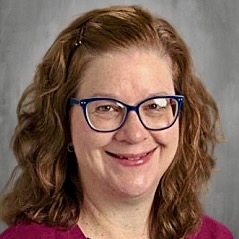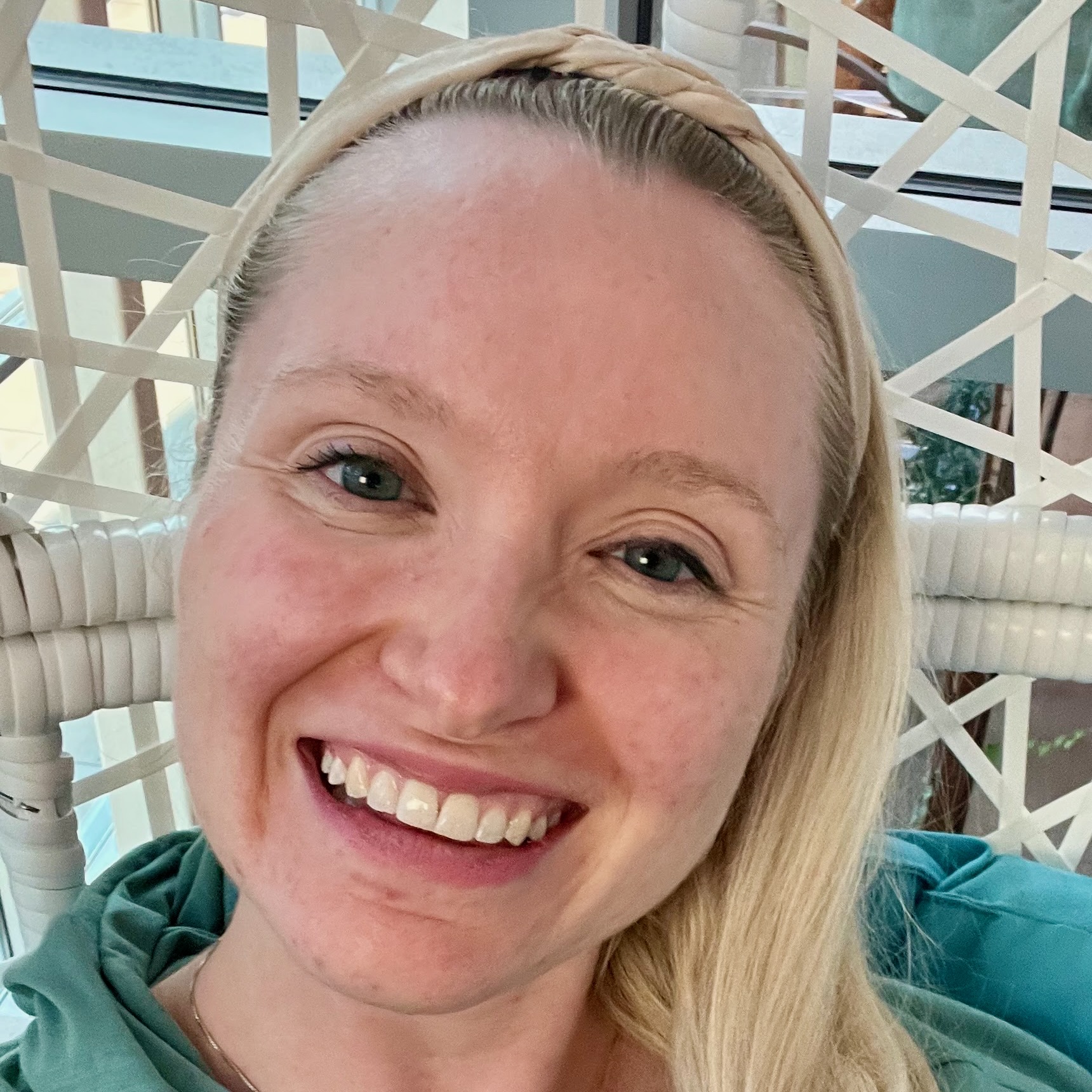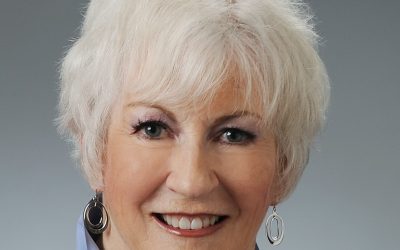This past school year, the SongWorks Certification Program welcomed its first cohort of Level 3 students. Having completed their final reflections for the course, these five students are SWEA’s newest SongWorks Certified Educators. I wanted to share here some highlights from their reflections about what they learned through the certification process.
Looking to join the next class of Level 3 students? Registration is now open!
– Betty

Rebecca Hahn
Eagan, MN
One of the main outcomes of my Level 3 Practicum was learning that when I take the time to prepare a lesson by scripting questions and laying the lesson out clearly, my goals are more easily accomplished.
Another outcome involved having students sing the whole song before playing it. I found this to be essential for the students to be able to move forward and elaborate on the melody. Having a song in their mind seemed to help my strings students play more musically.
I learned to ask what students noticed and if they recognized anything from the new song that reminded them of a previous song. This allowed the students to take more ownership of what they were learning. They also began to listen more carefully.
My students are now more confident in their playing and take more ownership of how our music is performed.

Halle Bromberg
Issaquah, WA
The mentorship, assignments, and reflective practices provided within the Level III SongWorks course grounded me and helped get me through the year.
The most empowering and impactful piece of the practicum was regularly connecting with a team of mentor teachers. Having that kind of support system helped me feel less alone in my profession and reminded me why I do what I do.
The practicum reminded me of the magic that can come from SongWorks practices—practices that invite learners to the table in playful and low-stakes ways—practices that help me go on a learning journey with the students, rather than feeling like I have a million steps to remember.

Katie Herzberg
Mattoon, IL
I have gained a deeper appreciation and understanding of the mindset shift that takes place when approaching lessons and students from a foundation of the SongWorks principles and practices—teaching students who are whole and individual people, not just concepts.
My mentors helped me focus on the quality of the time I spent with students instead of the quantity.
Giving more ownership to the students has been a shift for me but a rewarding one.
I worked on not singing with the students, thus giving them the responsibility of knowing the song and singing it for each and every repetition.
I worked to give clear, concise directions like “eyes here” and “voices off”. Then, I waited. Students quieted down and were ready to listen. What a difference it made in how I felt! My voice did not have to work as hard, and all students knew what to do!
In today’s classrooms, it is more important than ever to honor the whole child, and I feel that SongWorks principles and practices allow me to do that.

Mary Roeder
Greeley, CO
The greatest transformation as a teacher was how I grew in my management of student behavior. The video reflections served as a mirror in knowing what was truly going on with my teaching
I grew in providing students with an engaging learning environment in which they felt safe enough to freely demonstrate their understanding and skills through various types of participation.
Having a goal of including more Sturdy Songs and relying on the SongWorks way of teaching directed a clearer path into how I approached my plans. Song analysis helped to better sequence and organize lessons that would evolve beyond the song games and into more study.
Mapping experiences became more comfortable, and song dotting scores offered me a new take on improving recorder playing in my students.
Some insights this year that supported their learning were student leaders for peer-led examples, changing levels to engage brain activity, and giving more silent gestures to tactfully clue students into transitions and directions.

Nan Fitzpatrick
Sacramento, CA

Nan Fitzpatrick
Sacramento, CA
The Principles of Teaching and Learning (and Teaching and Learning Music) that make up the bedrock of what it means to be a SongWorks educator are not just guiding philosophies, but intentional tools for building, delivering, and assessing music education.
It was humbling, but important, to discover that in my well-intentioned effort to get as much content as possible in front of my students, I sometimes became vulnerable to losing the musicality and musical responsiveness to the song.
Completing the song analyses prior to delivering the lesson was a helpful tool—it gave me access to all the ways I could study sound relationships with students—it kept me more focused on their responsiveness rather than checking off a list of repertoire.
The SongWorks Principles strengthen the building of a lesson plan, the delivery of it, and the assessment of how well it was implemented.
As a planning tool, I became better at asking, “Where can students take responsibility for the learning?”




